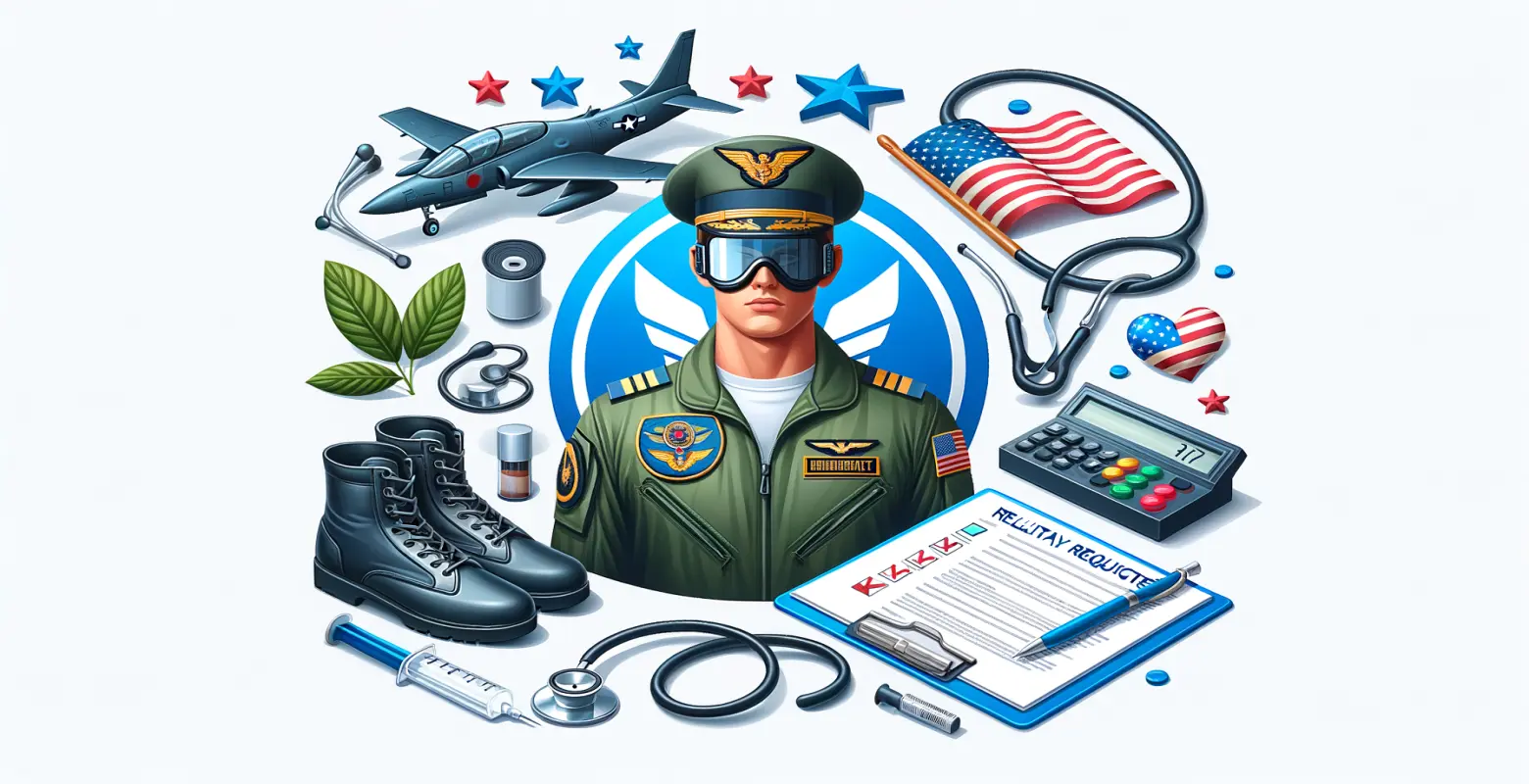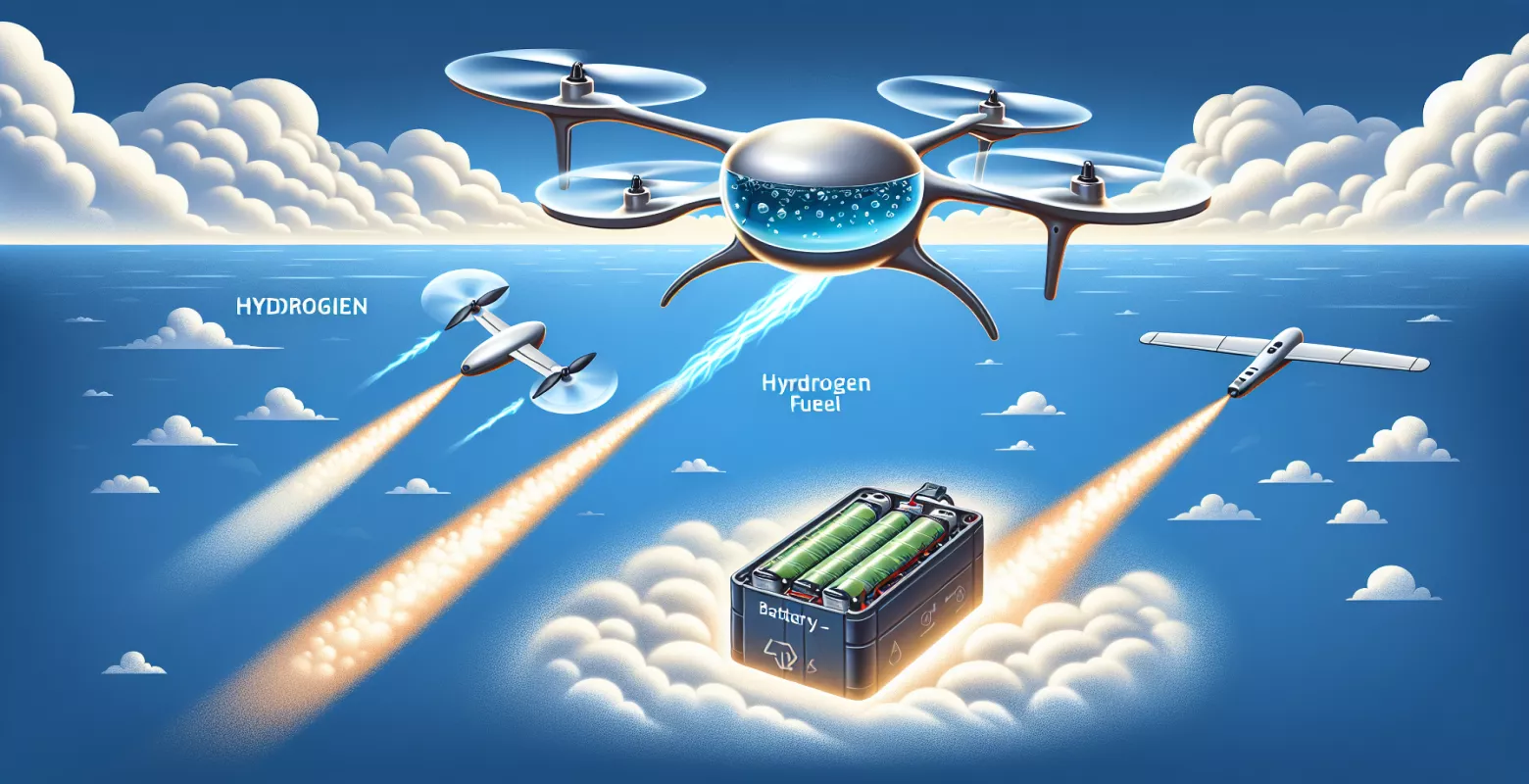What are the health requirements for military pilots?
Introduction
Health requirements for military pilots are an extremely important topic, both from a safety and operational efficiency perspective. Military pilots must meet rigorous health standards in order to perform their duties in extreme conditions. This not only requires physical abilities but also mental capabilities, which are crucial in stressful situations. In this article, we will take a detailed look at what these requirements are, how they shape the selection process, and what challenges and future trends are emerging on the horizon.
Physical Health Requirements
Basic physical requirements for military pilots include excellent health, physical fitness, and absence of serious illnesses. Regular medical tests are conducted to ensure that pilots are able to meet the physical requirements associated with flying at high altitudes and high speeds. For example, pilots must undergo endurance tests that assess their ability to cope with the stresses that may occur during flight.
Visual acuity is a key aspect of a pilot's physical health. Corrected vision is required, and any defects must be corrected to a level acceptable by military standards. Some air forces may accept pilots with vision impairments, but they must be corrected to 20/20.
Hearing ability also plays a significant role. Pilots must have excellent hearing in order to effectively communicate with the control tower and other pilots during missions.
Mental Health Requirements
Mental health is as important as physical health, if not more so, in the context of military pilots. Pilots must be resilient to stress, have the ability to make quick and accurate decisions, and demonstrate the ability to work under pressure. As a result, pilot candidates undergo numerous psychological tests to assess their emotional stability and ability to cope with difficult situations.
It is worth noting that in recent years, there has been an increasing emphasis on preventing burnout. This is crucial because chronic stress and fatigue can lead to errors in piloting, which in turn can have catastrophic consequences.
History and Evolution of Health Requirements
Health requirements for military pilots have evolved over the years. In the early days of military aviation, as much emphasis was not placed on the psycho-physical health of pilots as it is today. This was mainly due to limited medical and technological knowledge. However, over time, with the development of aviation technology and understanding of the impact of flight on the human body, health standards have become more stringent.
The introduction of modern combat aircraft capable of reaching high speeds and altitudes has necessitated even more thorough research and testing. Currently, these standards are constantly being updated to meet the new challenges posed by the modern battlefield.
Challenges and Future Trends
One of the biggest challenges in terms of the health of military pilots is combating the effects of prolonged exposure to stress and strains. Modern technologies, such as flight simulators, help prepare pilots for extreme conditions, but they cannot fully replace real experiences.
In the future, we can expect greater use of technologies such as artificial intelligence and data analysis to monitor pilots' health in real time. The development of personalized medicine may also play a key role in tailoring training and health programs to the individual needs of pilots.
Summary
The health of military pilots is a key factor influencing their ability to perform tasks. Rigorous health requirements aim to ensure that pilots are able to meet the challenges of serving in the air force. As technology and medicine continue to advance, we can expect these requirements to continue evolving to better protect the health and safety of pilots. Understanding these requirements is crucial not only for pilot candidates but also for anyone interested in military aviation.







Number of comments: 0